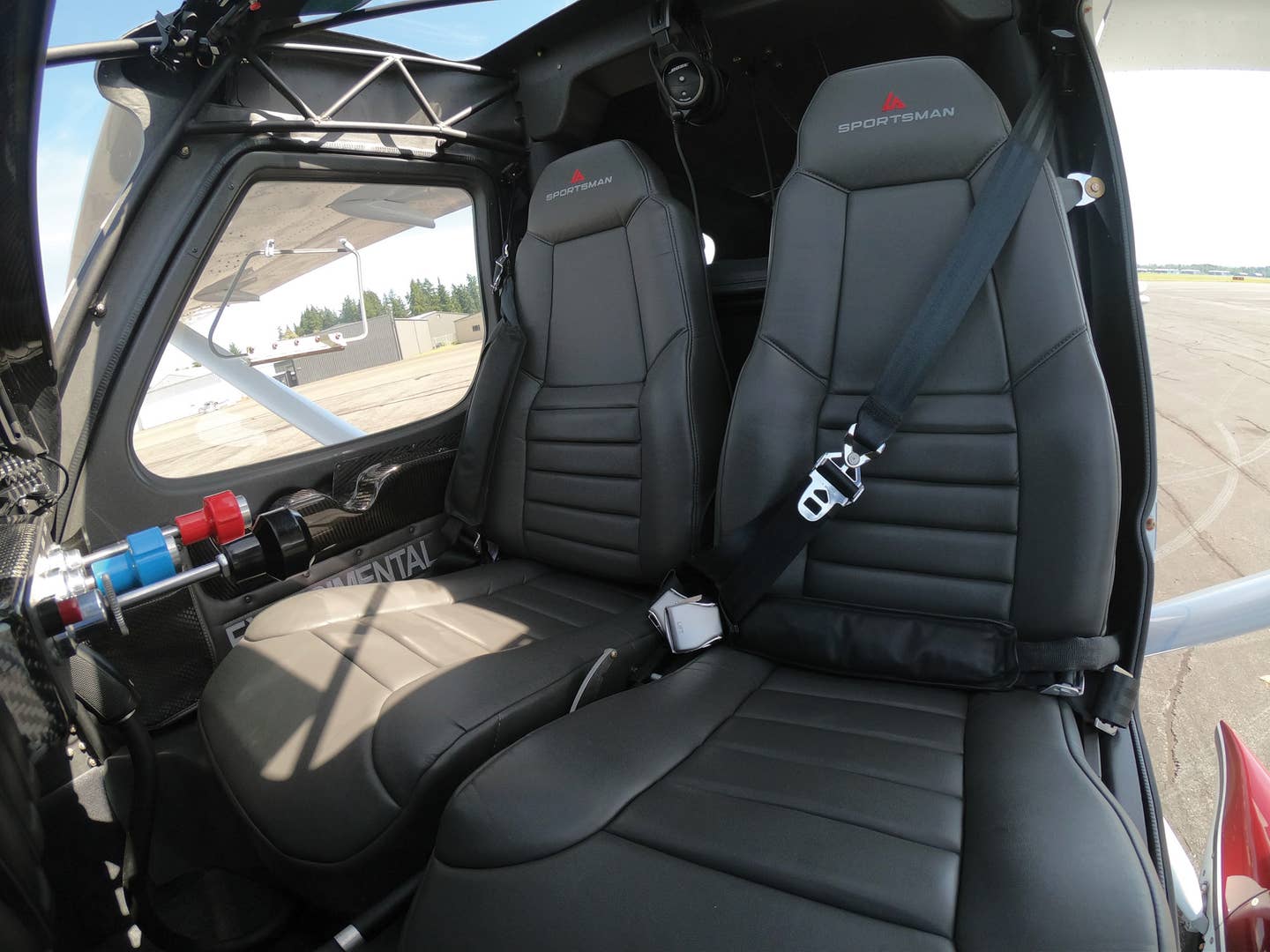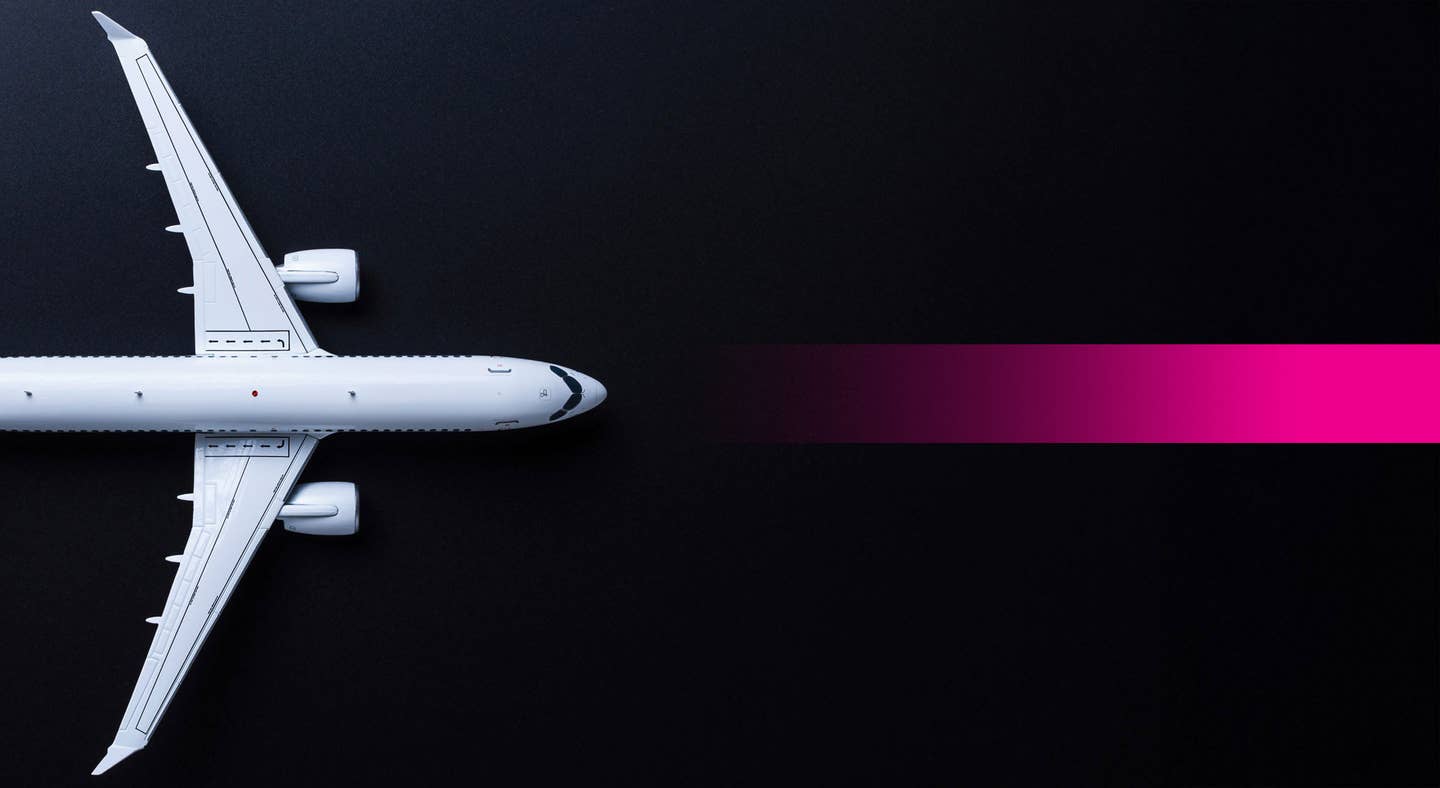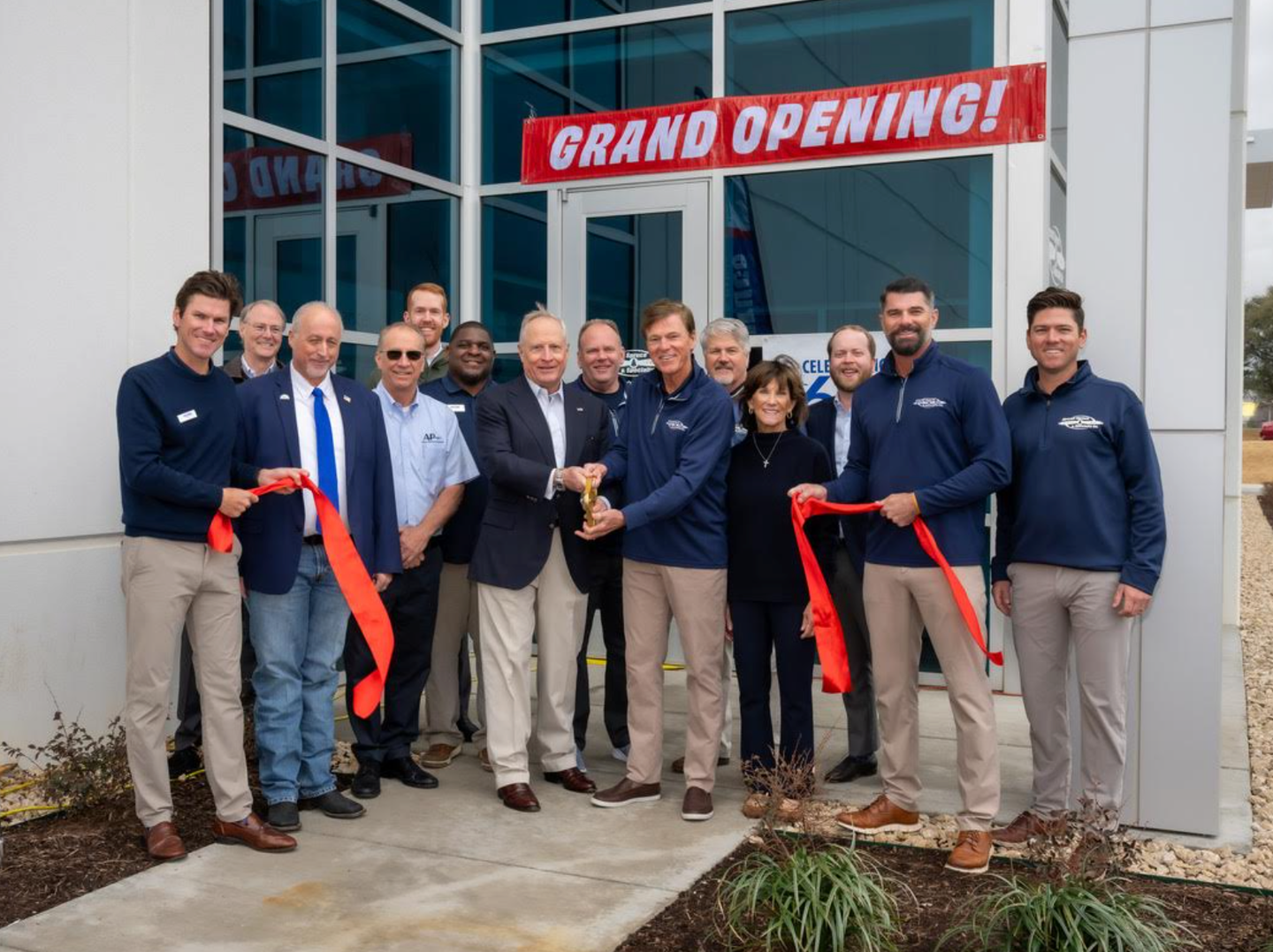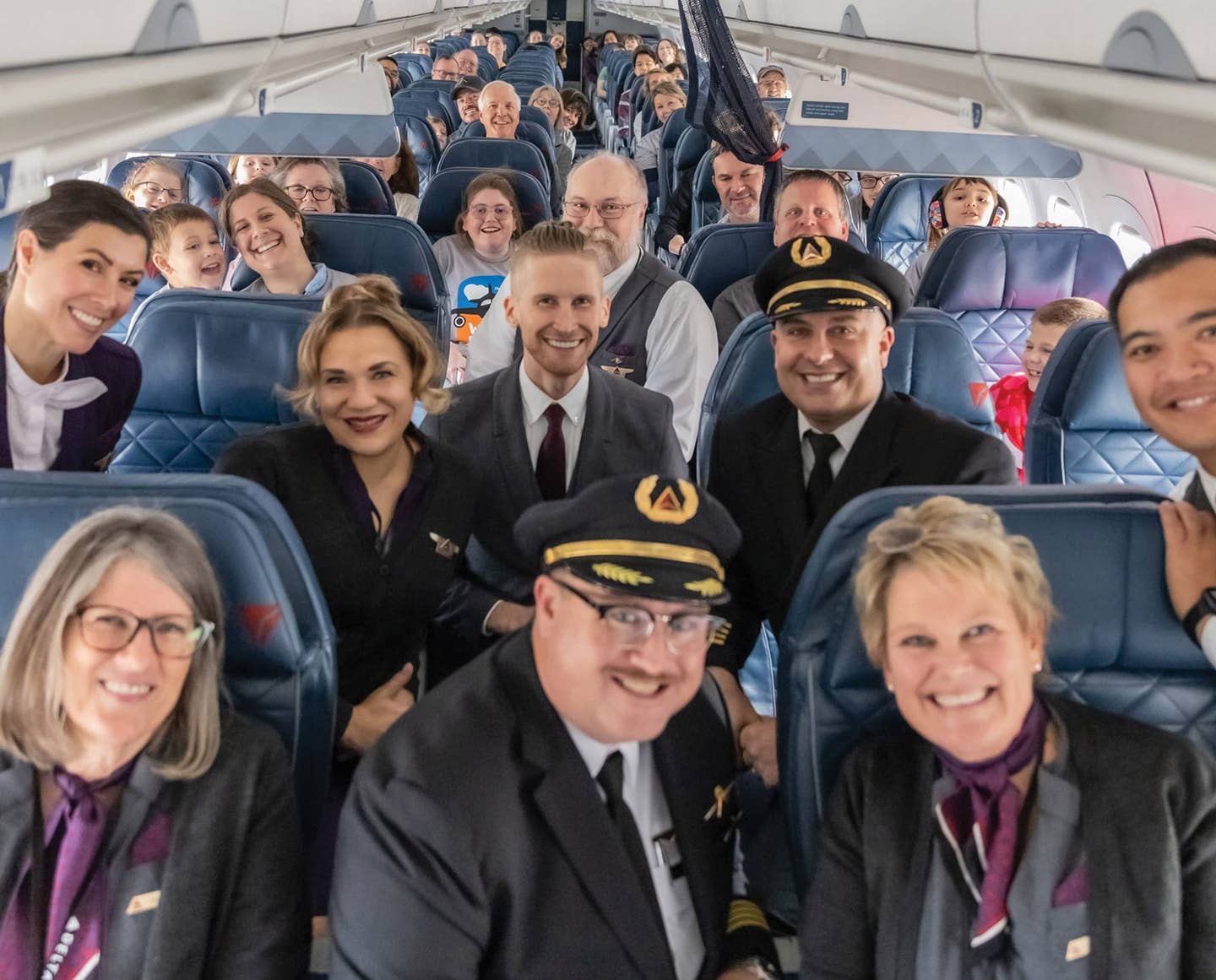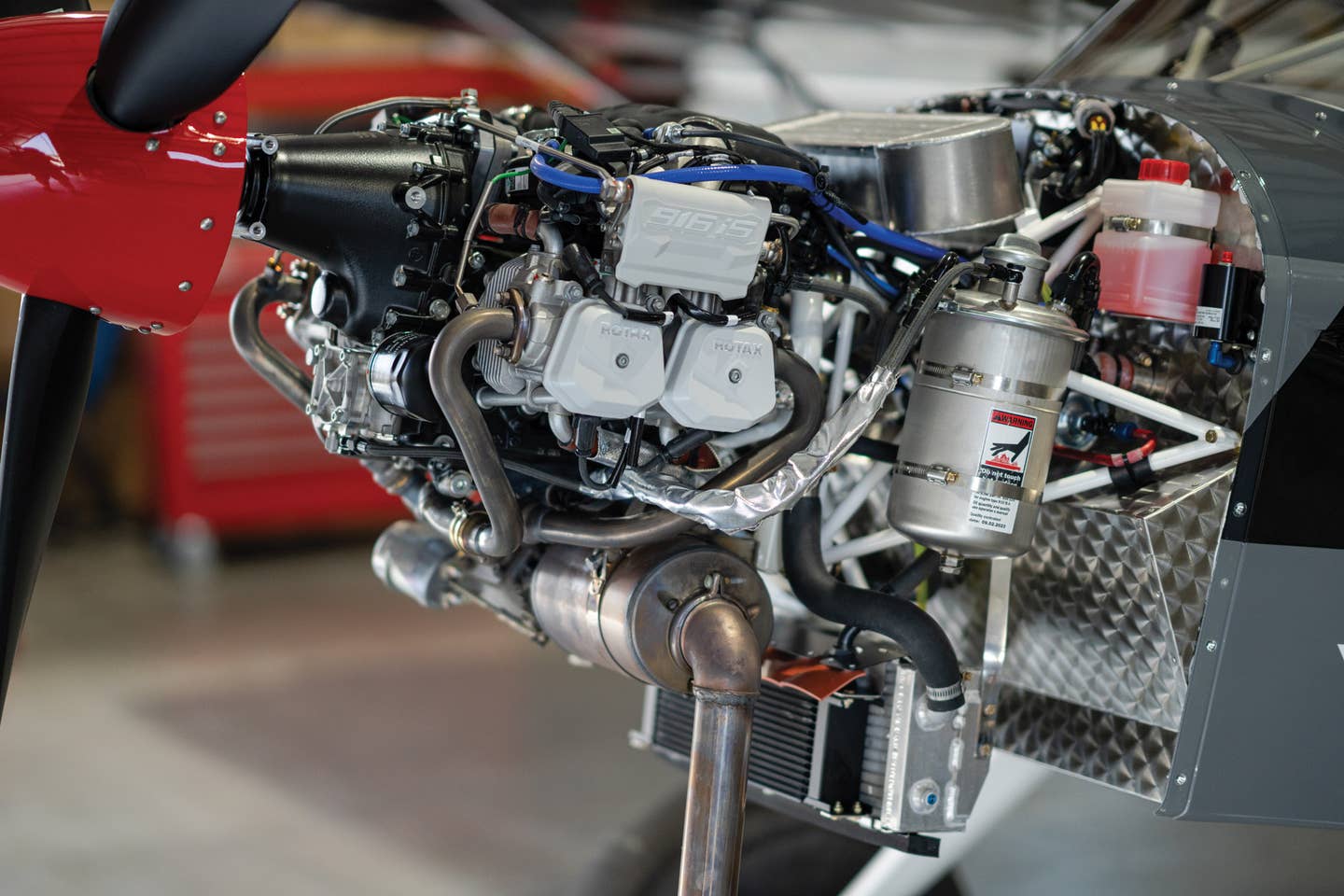COVID-19 Spreading Among Airline Crews, First Pilot Fatalities Reported
A pilot at a major U.S. carrier dies. Flight attendants raise dire concerns.
As the United States enters a period that administration health officials are saying could be the strongest wave of COVID-19 infections yet, we're hearing more and more reports of aircrew members falling ill with the virus. Unions representing flight attendants have begun to share that many members have tested positive. And the numbers are concerning.
We have also learned that at least one airline pilot has died after contracting the illness. Yesterday, JetBlue First Officer Kevin McAdoo, 49, passed away days after testing positive for COVID-19, his wife shared on Facebook. McAdoo, who retired from the United States Air Force and previously flew at ExpressJet Airlines, had been with JetBlue for just over a year. McAdoo's passing may have been the first airline pilot in the United States to die from the virus, but details are trickling in from various sources that the cases are rapidly spreading through the industry's community of crewmembers. A number of flight attendant deaths have already made headlines, as well.
The Transport Workers' Union (TWU), which represents flight attendants at Southwest Airlines, called out the company in an effort to have masks and gloves provided to crews working the flights, as well as calling for increased social distancing standards on board. The TWU reported that more than 600 Southwest employees had tested positive, a number the company disputed.
At American Airlines, the Association of Professional Flight Attendants also reported that approximately 100 flight attendants were infected. While airlines have publicly stated that their flight attendants should not work while ill. In practice, many flight attendants say, it's not that simple. Days before symptoms show up, those infected are spreading the virus. And flight attendants report that they are held to a different standard than pilots. While pilots generally are not questioned when they call in sick, flight attendants report that they were reprimanded, often informally, for infractions that pilots would not think twice about.
Flight attendants getting sick is everyone's problem. The spread of the virus throughout the FA community is a concern not just for other cabin crew or passengers, but also for pilots, who are at a seemingly higher risk because they share confined spaces with cabin crew on the airplane, in employee shuttles, hotel vans, airport crew rooms, and for many commuting pilots, at crash pads.
While not officially sanctioned by most airlines, crash pads---that is, houses or apartments pilots use for rest when they are at their base but far from home---are often filled with bunkbeds to house crewmembers both before and after their trips. While most crash pads rarely see many people staying at any given time, the number of people passing through---and the likelihood of lackluster cleaning standards at some of them---certainly poses a threat to crewmembers, as the virus can linger for days on certain surfaces.
Going through airport security also presents an infections threat, as screeners handle crewmembers' company badges and identification with the same hands that are near thousands of traveling passengers daily.
Pilot unions such as ALPA, APA and the Teamsters have not shared numbers of their pilots affected by the disease. Last month, an American Airlines pilot was among the first pilots to test positive. While many professional pilots we have spoken to acknowledged they know one or more infected aviators, the details are often closely guarded, given the career implications of a disease that can have lasting health effects---the implications of which medical science does not yet understand well.

Subscribe to Our Newsletter
Get the latest Plane & Pilot Magazine stories delivered directly to your inbox

